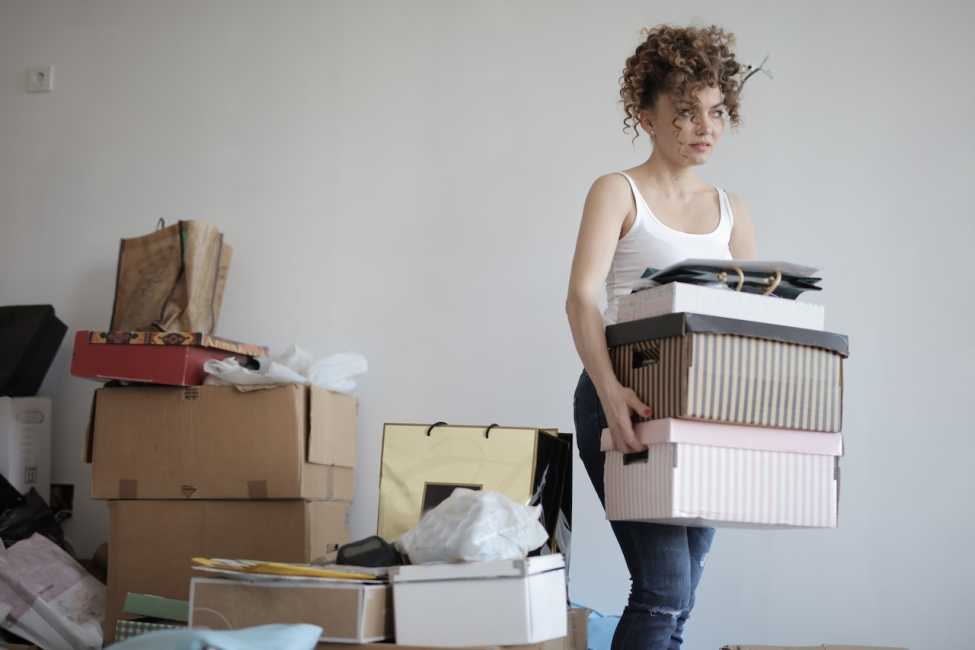What Is Hoarding?
Hoarding is the excessive accumulation of items that are not useful or needed. It is a mental disorder characterized by difficulty discarding things and an inability to organize one’s possessions.
A hoarder has difficulty throwing things away or keeping them out of sight. They may be able to throw things away, but they don’t want to because it makes them feel bad about themselves. It’s like they are afraid that if they throw something away, then the item will disappear from their life forever.
Here are the dos and don’ts on how to help a hoarder:
Dos:
Ask Questions About Why They Have Been Storing Certain Items Respectfully
Your friend or loved one may have a reason for hoarding certain items. Many people with hoarding disorder have a history of trauma or abuse. It’s important to find out if this is true for your friend or loved one.
Make Sure That They Know How Important It Is To Keep Their House Organized
When dealing with someone with a hoarding disorder, it’s very important to ensure they know how important it is to keep their house organized. When they don’t, they may keep piles of clutter everywhere.
Talk To Someone Who Knows What It Feels Like To Live With A Hoarding Problem
If you’re having trouble understanding what it feels like to live with a hoarding problem, talk to someone who knows what it feels like. Your friends and family members might be able to provide you with insight into the situation.
Consider Seeking Professional Help
Many hoarders realize that their problem is serious, but they’re often too overwhelmed by the idea of seeking professional help. Hoarding treatment options exist for people who live alone, at home, and in group homes. To learn more about hoarding and treatment options, you can look up resources online to help a friend or loved one deal with hoarding disorder.
Also, encourage them to hire hoarder cleanup service providers if they are willing. These professionals specialize in cleaning up hoarded spaces and removing unwanted items.
Remember That It Can Take Time To Change
While it’s important to understand that there are no right answers when dealing with a hoarder, it’s also important to remember that it can take time to change. Even if your friend or loved one doesn’t immediately start throwing things away, you shouldn’t give up on them.
Don’ts:
Do Not Try To Force Them To Throw Things Away
If you force your friend or family member to throw things away, they might become angry at you for trying to control them. This can make them even more reluctant to throw things away. Instead, let them know you’re there to support them in any way possible. You can do this by offering to help clean up after a party or by taking them shopping so they can buy new clothes.
Don’t Tell Them What To Do With Their Stuff
It’s important to remember that hoarders have difficulty controlling their impulses. So, when you tell them what to do with their stuff, they’ll probably do the opposite. For example, if you say, “throw that junk away,” they might keep it around longer.
Instead, offer suggestions such as “maybe you could donate some of your old clothes to Goodwill.” Or, “you could sell some of your furniture online.” These suggestions give them options without telling them exactly what to do.
Don’t touch or take anything from them without asking first
Even though it might seem like de-cluttering will clear away some of their clutter, discarding items without their permission can upset them and slow down any progress they’ve made so far.
Dealing with a hoarder isn’t easy. But, if you’re willing to put in the effort, you can help your friend or loved one get rid of their clutter. Many hoarders have experienced a traumatic event such as a loss in their life, a close relative dying, or an abusive childhood which has caused them to become hoarders. You can also read articles on how to help a hoarder to be able to help friends and family with this problem.
